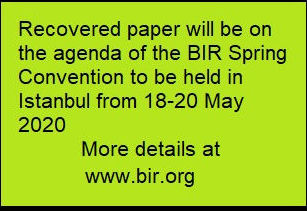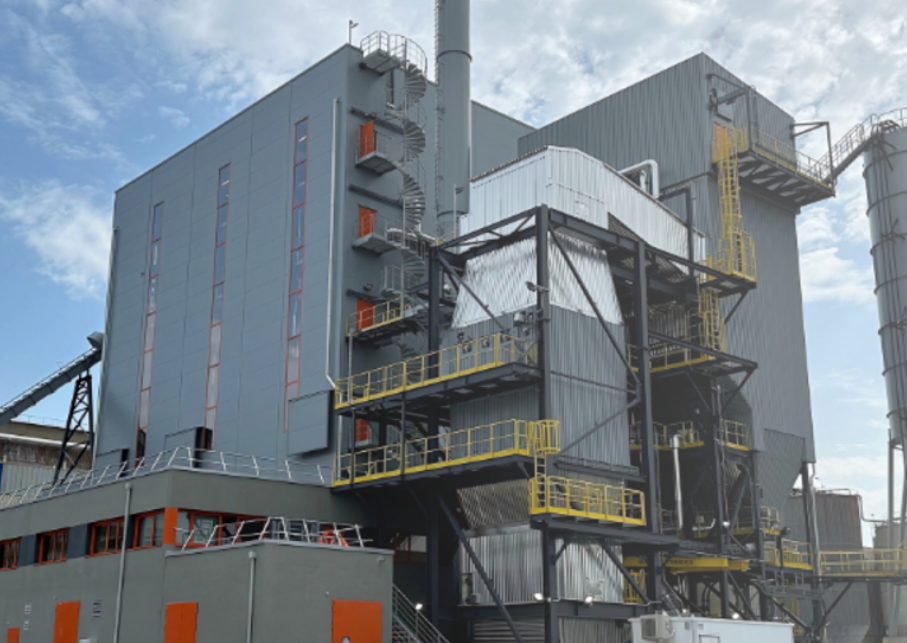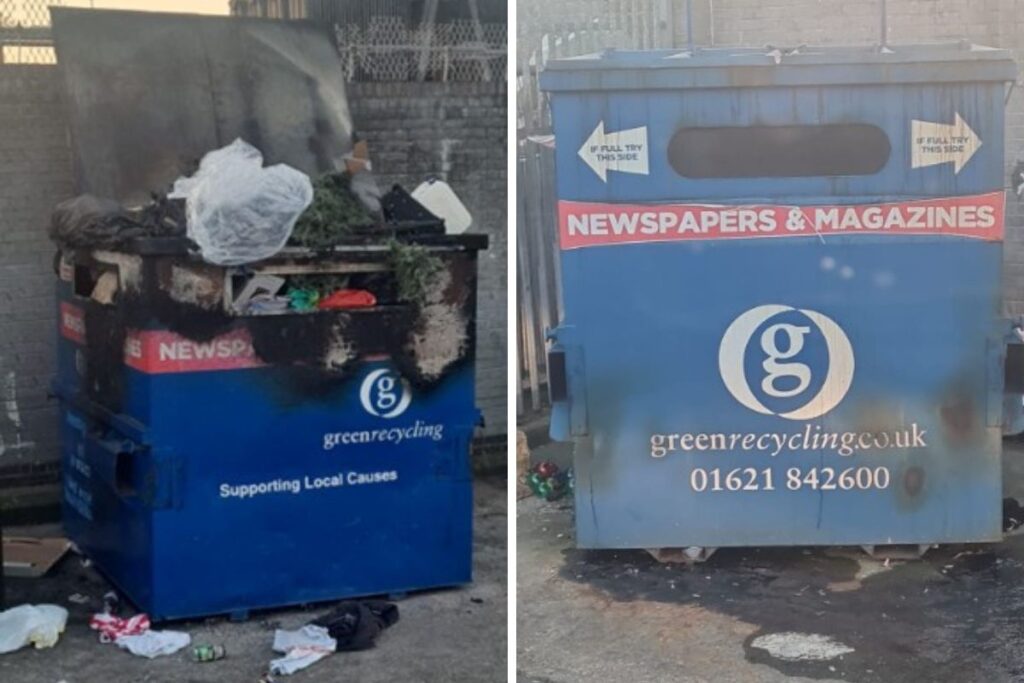
The warning comes from Jean-Luc Petithuguenin of France’s Paprec, who is president of BIR’s paper division. His concerns have been echoed by his colleagues at the organisation who also speak of ongoing market challenges.
Referencing the recovered or waste paper market, from a UK perspective, Keith Trower, managing director of Viridor Resource Management, cautioned that “the relentless pressure on the paper market has not eased”.
Mr Trower continued: “The bulk recovered paper market within the UK is now in a difficult period, primarily due to further restriction of outlets.”

Reflecting the negative pricing seen in the current market, Spain’s representative covering waste paper at BIR, Francisco Donoso of Alba Servicios Verdes, said: “Grades such as mixed paper are already at below-zero pricing, for the first time in Spain’s recycling history. Never have such low prices been recorded in this country.”
Tough prices
Analysing the current market in more detail, Mr Petithuguenin said that in the last quarter of 2019 nothing much had changed, with difficulties in selling and tough prices continuing.
His perspective on the world market comes in the latest BIR paper division world mirror (published on 31 January 2020). The paper division president said that in December, collections were satisfactory but paper mills had stopped buying more or less from the middle of the month onwards. “Some were facing such high roll stocks that they had to slow production or even stop their sequential production rhythm, and cut down their orders.”
He continued: “This may be a new year but there have been no new trends as yet. We are still facing a surplus across the market, with high stocks throughout Europe and very few outlets. And there is still heavy pressure on prices.”
Lower collections
Mr Petithuguenin offered a glimmer of hope for the used cardboard (OCC/Old Kls) market but declared that beyond OCC, “conditions are really tough and not all material will find an outlet… The situation remains tricky for the lower grades although conditions should ease for OCC, for which demand remains more or less satisfactory. Lower collection volumes are expected in January and February, which will benefit the stock situation. Meanwhile, small increases in international demand and prices are also anticipated.
“ The first Chinese import quota has been announced at 2.8 million tonnes. China is back in the market and is buying from the USA at higher prices, thus impacting European prices for South East Asia. Let us hope this trend will last.”
The market for used newspapers, deinking, was also highlighted by the president as being “quite worrying owing to the lack of outlets, especially for 1.10 and 1.11.” [which usually have lower amounts of newspapers] .
“To get through this storm, we must adapt to the needs of buyers and make sure every delivery is paid for.”
Looking ahead Mr Petithuguenin, remarked “So what’s next in 2020? It is hard to say but it is possible the market might see a return to reason. In Europe, such low prices might lead to reduced tonnages becoming available as there would no longer be an incentive to sort. Some packaging might also shift from plastic to cardboard. Demand will be boosted by two new paper mills projected for the second quarter while South East Asia will continue to provide demand too. The main issue remains deinking but collection will necessarily decrease, thus leading to some equilibrium.
“To get through this storm, we must adapt to the needs of buyers and make sure every delivery is paid for.”
Germany perspective
A perspective from Germany, came in the BIR report from the country’s representative, Reinhold Schmidt from the Karla Schmidt business, said that after the price falls in the autumn for the lower grades, the waste management industry “was now forced to ask for additional payments for these grades to cover the costs of collection, processing and conditioning.”
Looking forward, Mr Schmidt said that “the priority seems to be to sell the excess recovered paper from overflowing warehouses rather than to try to achieve a good price. In December, recovered paper prices in Germany were again reduced by a low double-digit Euro amount across the lower, middle and higher grades. As far as deals for future deliveries are concerned, there have been indications of paper mills buying more at market prices and limiting contracted tonnages to the absolute minimum.”
Turkey

From Turkey, Ekrem Demirciolu said that “Expectations for 2020 are that recovered paper imports will continue to increase whereas domestic collection rates will remain in decline.”
Indian market
Covering the Indian market, Ranjit Baxi, a former president of BIR and of the UK’s J&H Sales International Ltd, said that Indian customs officials have embarked on similar import controls [to Indonesia] by examining all mixed paper containers arriving at the port of Mundra. “If imported fibre is found on inspection to be of poor or co-mingled quality containing municipal solid waste etc., then the containers will be re-exported to the port of origin. The inspection process is slowly resulting in congestion at the port of Mundra: close to 700 containers are understood to be awaiting clearance.”
“Exporters are looking forward to a new direction from the market after the Chinese New Year, especially following the announcement that exports of recycled fibres and other scrap grades will not be allowed into China as of January 1 2021. Markets are projecting total fibre imports into China for 2020 to be in the region of 5 to 7 million tons,” added Mr Baxi.
Coronavirus
And, Mr Baxi referenced the Coronavirus and its possible impact. “At the time of writing, China is trying to contain the Coronavirus outbreak which has now been declared a Global Health Emergency by the World Health Organization. It remains to be seen how this will affect China and global GDP over the course of 2020.”











Subscribe for free